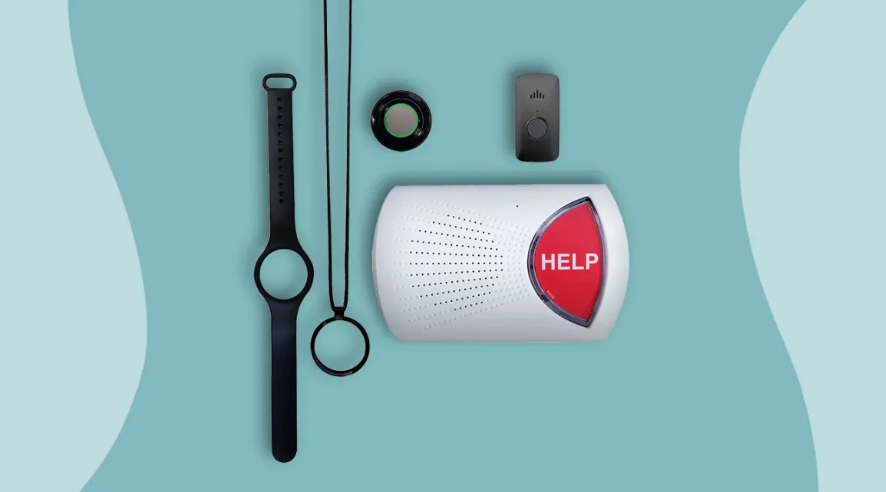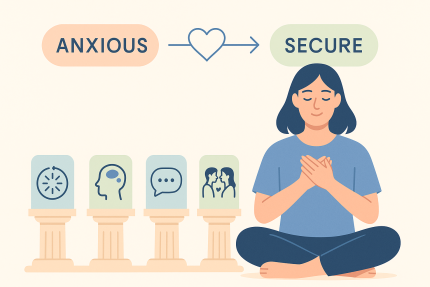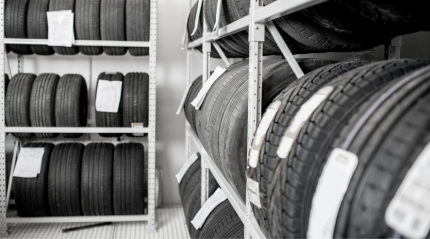A Comprehensive Guide to Choosing Medical Alert Devices for Seniors
- 15 August 2022

As our loved ones age, their physical abilities start to decline, and they become more vulnerable to accidents, injuries, and health emergencies. When a senior falls, gets lost, or experiences a medical emergency, prompt medical attention can be the difference between life and death. This is where medical alert devices come in. In this article, we will discuss the different types of medical alert devices available, their features, benefits, and factors to consider when choosing one.
Types of Medical Alert Devices
Medical alert devices are available in different types and models. Some of the most common types include:
a. In-Home Medical Alert Devices: These devices are designed to work within a specific range, usually within the senior's home. They come with a base station and a wearable device that the senior wears around their neck or wrist.
b. Mobile Medical Alert Devices: These devices are designed for seniors who are active and frequently leave their homes. They are equipped with GPS technology that enables emergency responders to locate the senior in case of an emergency.
c. Fall Detection Medical Alert Devices: These devices are designed to detect falls and automatically send an alert to the emergency response center.
Features to Consider
When choosing a medical alert device, it is essential to consider the features that will be most beneficial to the senior. Some of the key features to consider include:
a. Waterproof: Seniors are more susceptible to accidents that may involve water. Therefore, it is essential to choose a device that is waterproof.
b. Battery Life: A medical alert device should have a long battery life to avoid frequent recharging.
c. Two-Way Communication: This feature allows the senior to communicate with the emergency response center in case of an emergency.
Benefits of Medical Alert Devices
Medical alert devices come with several benefits, including:
a. Peace of Mind: Medical alert devices give the seniors and their loved ones peace of mind, knowing that help is always just a button push away.
b. Prompt Medical Attention: In case of an emergency, medical alert devices ensure that the senior receives prompt medical attention, which can be life-saving.
c. Independent Living: Medical alert devices enable seniors to live independently and age in place, knowing that they can always call for help if they need it.
Factors to Consider When Choosing a Medical Alert Device
When choosing a medical alert device, several factors should be considered, including:
a. The senior's lifestyle and activity level.
b. The senior's medical history and health conditions.
c. The senior's living arrangements and the type of environment they live in.
d. The level of customer support and monitoring provided by the device's manufacturer.
Conclusion
Medical alert devices have become essential tools for ensuring the safety and well-being of seniors. Choosing the right medical alert device can be a daunting task, but considering the factors mentioned above can help make the process more manageable. Whether you opt for an in-home device or a mobile device, always ensure that the device is waterproof, has a long battery life, and features two-way communication. With a medical alert device, seniors can live independently, age in place, and enjoy peace of mind, knowing that help is always just a button push away.




